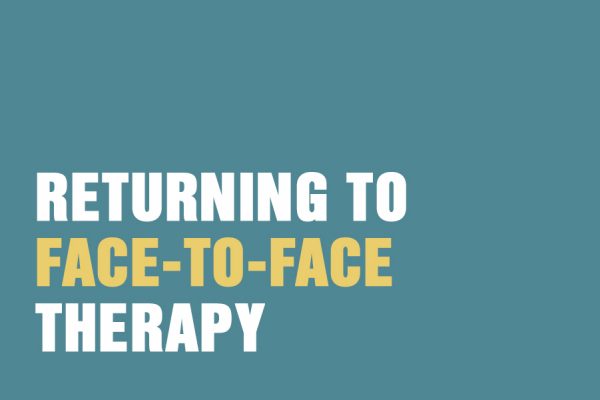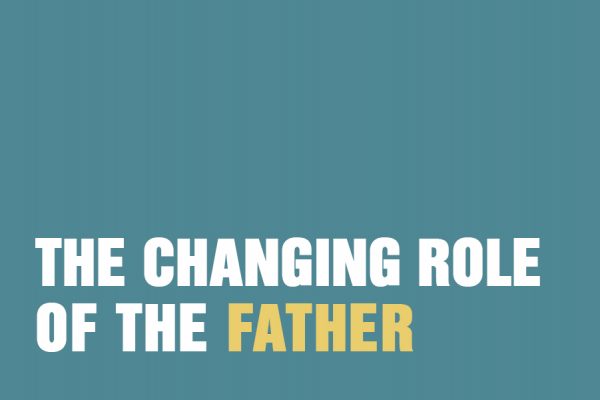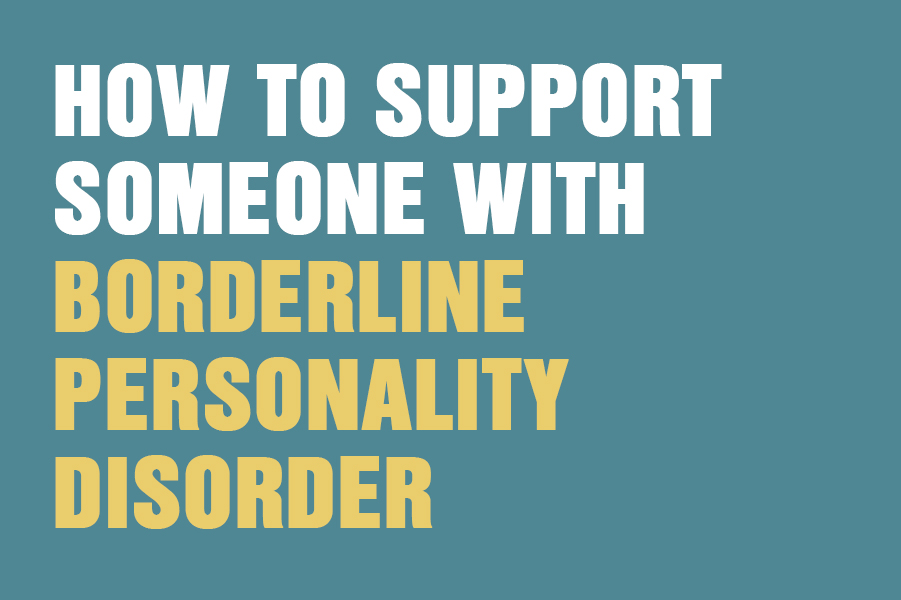Most of us have something we’d change about our face or bodies given half the chance, and we all get self-conscious at times. It might be that we don’t want to go into a meeting or out to a party because we think that the spot which has just broken out is like a beacon; or our hair is lank and unmanageable or that we are not as thin as we used to be. These awkward appearance-related moments of discomfort are a very common experience, and one that most people can get over after a while. Body dysmorphic disorder, on the other hand, is those worries supersized to nuclear strength. If looks-related insecurities are a bout of rain that lowers your mood, body dysmorphia is a hurricane that can rip up your whole life.
In this blog, our experts will take a look at how problems with body image can become a serious mental health concern. We will also discuss the relevance of obsessive compulsive disorder, and how you can take steps to deal with body dysmorphic disorder with guidance from a mental health professional.
What is Body Dysmorphia?
Body Dysmorphic Disorder (BDD) is a mental health disorder, defined as an obsessive preoccupation with a perceived flaw in your image. Sometimes it starts with a slight imperfection, such as a mole or scar on your face. Other times, it is a distorted perception of one part of you, such as the perceived spread of your thighs. This ‘defect’, most commonly, is not visible to others, but to the person affected by BDD, it becomes an obsession so persistent that it can interfere with their ability to go about daily life.
Nobody knows precisely why some people can brush off these negative thoughts about their physical appearance and others go on to develop BDD. There is some research pointing to a genetic link as it has been shown to run in families, but there is also research showing that factors such as bullying or other abuse during childhood can lead to the development of this, and other, mental health conditions.
BDD is estimated to affect around 1% of the population, making it more common than other better known disorders, such as schizophrenia. And unlike anorexia and bulimia, the rate of body dysmorphia is almost equal between male and female sufferers. The only key difference is that women tend to focus on facial features, whereas men are likely to be more concerned about their body shape or muscle mass.
What does Body Dismorphia really look like?
Body dysmorphic disorder can be experienced differently depending on the individual. One client at TAC described her experience with BDD as looking in the mirror and being overwhelmed with the urge to scream or cry, and then feeling the need to hide away because the thought of anyone seeing her looking “so hideous” was incredibly distressing and painful. She told us: “How will someone else be able to look at my ugly face all day when I can’t even look at it for a few seconds in the mirror?”. It’s clear from this description that body dysmorphic disorder can develop into a severe mental health condition, but what are the most common, initial symptoms of BDD?
- Constant mirror-checking
- Strong feelings of guilt and shame
- Isolating yourself to avoid situations that cause stress, anxiety or discomfort
- Attempts to cover or hide your features
- The desire for plastic surgery to change your looks
- Eating disorders
- Use of alcohol or drugs to manage the feelings
- Self-harm and suicidal thoughts
- Severe depression
As is the case with a number of mental disorders, the modern obsession with social media (posting filtered selfies, in this instance), is not helping. Filters on social media are actually thought to be increasing rates of body dysmorphia and eating disorders in young people. A recent article in the Journal of the American Medical Association said that Instagram, Snapchat etc, “Can act as a trigger and lead to body dysmorphic disorder (BDD)”. Having an unattainable standard for one’s physical appearance can cause significant distress in young people, and can impact their social life. It can also cause young people to consider drastic measures such as cosmetic procedures, or develop other mental health disorders such as low self-esteem and social anxiety.
What Can You Do To Tackle BDD?
If you have (or suspect you may be showing symptoms of) body dysmorphic disorder, chances are you will think the only way of improving your confidence and mood is to change your looks. However, as any mental health professional will tell you, this is not your only option. Here are some ways in which you can try to remind yourself that it is the interior – your thoughts and feelings – that you need to work on, and not the exterior – your appearance or perceived flaw.
Don’t mirror-check, reality check
Take the belief you currently have, such as “my skin is disgusting, it will revolt people” and test it for evidence. Start looking for facts to back up this belief. You might think, for example, that you felt somebody gave you a funny look on the tube on the way to work one morning. But, if you begin to really examine this evidence you will come to realise that these thoughts are all internal. Your perceived flaw, and the opinions of others, are more often than not all in your head. Those with body dysmorphic disorder diagnosed professionally will be encouraged to try stepping out of their own negative thoughts to achieve a better view of themselves.
Mind over matter
If you are struggling with sadness or panic invoked by seeing yourself in the mirror or obsessing over your perceived defects, mindfulness can really help. Close your eyes, breathe, practice the mindfulness techniques that work best for you and bring yourself back into the here and now.
Create new safety nets
One helpful strategy is to start to swap out your “safety behaviours”. For example, if you wear heavy foundation or a scarf to hide your skin when you go out, try to cut down on doing this every so often. Instead of physically hiding yourself, find other non-appearance-related ways to manage your distress. This could be putting on music, watching your favourite film or finding a friend to step out of the house with. This can allow you to talk to someone you trust and reassure yourself that they are comfortable looking at you.
Find the emotion
The first part of the battle with body dysmorphic disorder is recognising that your preoccupation with your looks comes from within. It is an internal feeling not related to the external facts or to the way you actually look to others. Once you have started to understand this, it can help you to manage those feelings. It could also be really helpful to work out what lies beneath this idea of you as “imperfect” so that you can also process that. Medical professionals will be able to support you in understanding this and locating the root causes of your body dysmorphia.
Support For Mental Health Disorders at TAC
If you are struggling with any kind of body dysmorphic disorder or other low self-esteem issues, it is advised to speak to mental health professionals at TAC. Having your body dysmorphic disorder treated can be a complex process, and for many it can involve seeking additional support from a national suicide prevention lifeline. However your body dysmorphia is dealt with, it’s important to remember that support will be available to you from the beginnings of your diagnosis through to treatment and recovery.
If you would like some support or need a safe space in which to open up about your feelings about your appearance, then therapy could be a good option for you. Just call 020 8673 4545 or email [email protected] for a confidential appointment.







